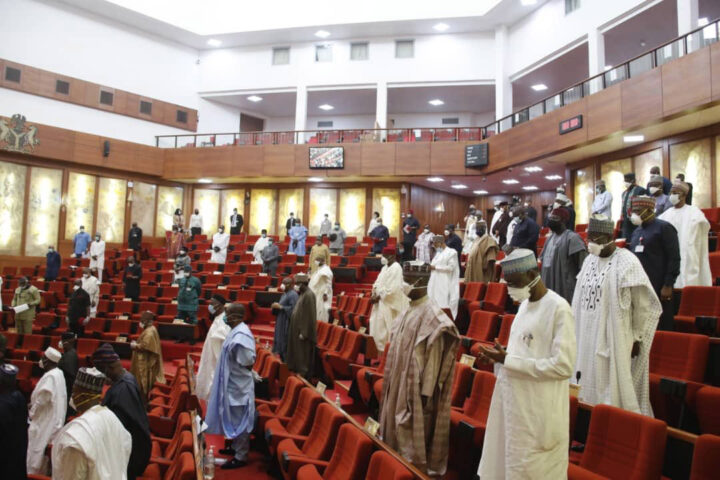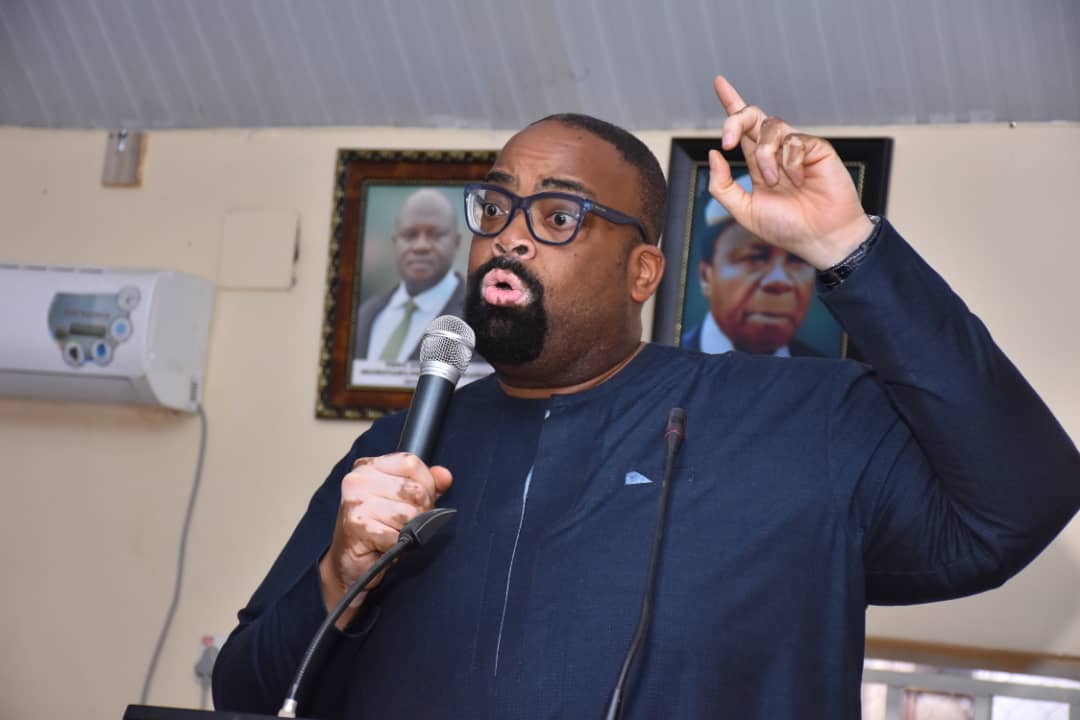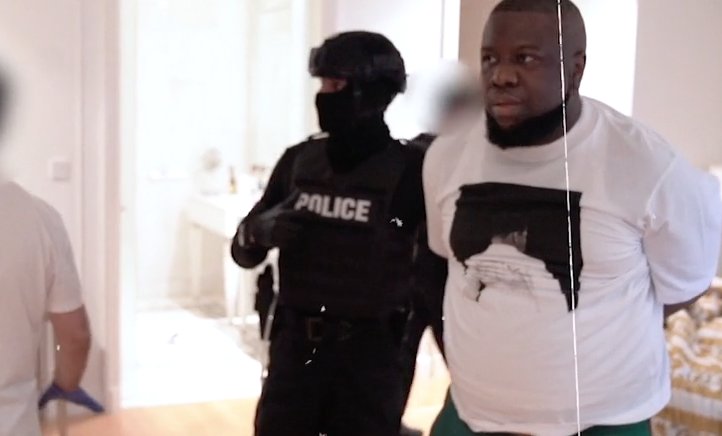An often-used Igbo proverb says that a man who does not know where the rain began to beat him cannot say where he dried his body. Looking over at Nigerian society historically, there seems to be little appetite for finding out where the rain started falling, not to talk of even drying the body, for that matter.
It saddens me to admit that there is a distinctly anti-intellectual approach to confronting our social, political, and economic problems. This approach has made sure that those problems continue to persist for years and decades with no solution in sight, even the most logical ones.
One of those problems in today’s Nigeria is the problem of gangs and cultism. I live in Lagos and I see it first hand. But in not too many parts of the country is it as bad as my home state, Rivers State. It is a problem which, especially since the country’s return to democracy in 1999, has gotten out of control.
It also has a personal significance for me since, as I alluded earlier, I am from the state, and most of my blood relations live there. I live in constant dread for their safety daily.
Advertisement
A research firm, SBM Intelligence, released a 22-page report on the phenomenon of gangs and cultism in Rivers at the end of June. The report traced the beginning of the problem from the early 1980s on university campuses to what obtains currently, which is a situation where most of the state’s residents live in fear for their lives and property. This has real life consequences as investment in what is meant to be Nigeria’s oil capital has been on the downward spiral.
The rising insecurity in the state has played a huge role in the exit of International Oil Companies from mainland Niger Delta by selling their assets, preferring to concentrate offshore. As a result, there are fewer good jobs to go around. Even worse, other companies will be discouraged from developing a significant footprint in the state, due to those same security concerns. No real prosperity can take place in the absence of security.
As expected, there was an adverse reaction to the report’s release. This unfortunate reaction mainly on social media, while not surprising, was still disheartening. Rather than use the report to start a discussion about solutions, many of those who reacted preferred to discredit the report with responses ranging from whataboutism such as, ‘what about gang violence in X state?’ to plain denial with statements like: ‘stop de-marketing Rivers state’.
Advertisement
I saw too many of these, but these responses do nothing to alter the facts on the ground. Before anyone thinks these cult clashes are a thing of the past, the SBM report listed no fewer than 12 reported incidents in the last four years, despite the amnesty for cultists declared by Governor Nyesom Wike in 2016. In fact, one of those who took part in the amnesty, the infamous Don Wany, committed one of the most gruesome ever attacks on New Year’s Day 2018, more than a year after accepting amnesty. This beg the question about how many of his fellow cultists accepted amnesty only in name, and more questions about whether their weapons were taken away from them as part of the deal.
The failure of the amnesty for cultists in Rivers State is disturbingly similar to the failure of the amnesty for bandits in Katsina state, under the Masari administration. That programme also began in 2016, before being completely derailed when the pardoned bandits went back to their activities.went back to their activities. The result is the President’s own state is in the grip of a breakdown of law and order, which the state government appears powerless to stop.
Apart from the amnesty programmes which legitimise the activities of these groups, a major factor in the prevalence of gangs in Rivers State is their use as electoral thugs. The fact that the 2019 elections were particularly violent in Rivers speaks volumes.
The political patronage that cultists get as a result emboldens them and a vicious cycle results: the closer they are to power, they more they are used as ‘muscle’ because their tactics work. In the case of Rivers State, this patronage goes back 20 years.
Advertisement
The report correctly notes that merely locking up or killing gang leaders is just a small part of the solution. A lot of effort must be made to address the lack of economic opportunity that creates marginalised groups and gives a ready supply of young men willing to join these gangs in the first place.
These conversations – around economic opportunity, effective policing, even restructuring – are the kind Nigeria urgently needs. However, they must be grounded in sober reality rather than in platitudes, empty bravado and outright denial, the same cocktail that has brought Nigeria to this point.
Those who have lost loved ones and property to recurring violence, do not have the luxury of these platitudes or bravado. Neither do those who have had to relocate in fear of their lives or move around with police or military escort due to fear of kidnap. On a personal level, I may receive a call at any moment that a family member was caught in a crossfire between rival cults struggling for control, collateral damage in something they know nothing about.
None of the problems Nigeria is dealing with now are unique. Other countries have confronted and triumphed over them. It is time for our leaders to engage with reports like this one and deeply commit to the hard work of creating a better society, rather than pass on the problem to future administrations.
Failing this, the rain will continue to beat us.
Advertisement
Joachim is a communications professional and public affairs analyst based in Lagos. Tweets at @Je_mc2
Advertisement
Views expressed by contributors are strictly personal and not of TheCable.
Add a comment







